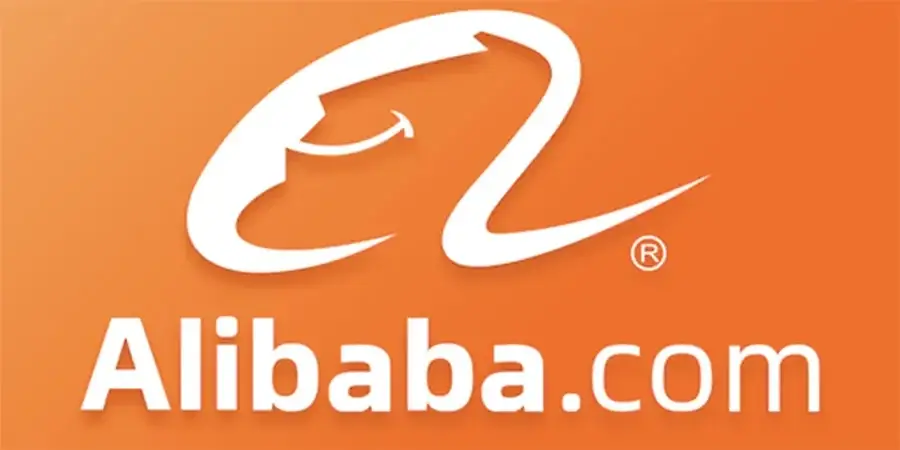Alibaba Reinvents Its Consumer Strategy With AI Integration
Alibaba has officially released a new AI chatbot helper, which is part of its reinvigorated drive to win over customers. The corporation is making this step because it is up against tough competition from big Chinese IT companies like ByteDance and Tencent. You can now get the chatbot for free through Alibaba’s Quark app. It lets you talk to it in real time using voice and text.
This project shows that Alibaba is moving away from making AI tools for businesses and toward making goods for consumers. The business wants to make its brand more well-known among people who use conversational AI more and more for everyday questions, work, and fun.

Quark App Becomes Alibaba’s AI Flagship Platform
Quark used to be mostly a web browser, but now it’s Alibaba’s main app for consumers. The business has changed it into a multi-functional AI center that includes enhanced search features, tailored services, and now, help with conversations.
The new chatbot uses Alibaba’s own Qwen3 language models to improve reasoning and comprehension of context. These changes show that the firm wants to go head-to-head with ByteDance’s Doubao, DeepSeek, and Tencent’s Hunyuan assistant, which are all the top AI consumer platforms in China.
Advanced Chatbot Powered by Qwen3 AI Models
Quark’s new AI helper is built on Alibaba’s Qwen3 models. These models are said to have better reasoning, support for several languages, and the ability to automate tasks that go beyond what regular chat interfaces can do.
Within the Quark environment, users may ask questions, do online searches, set up tasks, and get real-time data through the chatbot. This connection makes it easy to use Quark for anything from academic research to everyday tasks, making it a possible all-in-one digital assistant for Chinese users.
Recommended Article: UNESCO, KIX Africa 21 Hub Launch AI Learning Program in Africa
Competing in China’s Rapidly Growing AI Market
Alibaba was one of the first companies to get into AI with the Tongyi assistant in 2023, but it hasn’t been able to keep up with its competitors. Aicpb.com, an AI analytics site, says that Tongyi had just 6.96 million monthly active users in September. In contrast, ByteDance’s Doubao had the most with 150 million, followed by DeepSeek with 73.4 million and Tencent’s Hunyuan with 64.2 million.
Alibaba’s fresh effort through Quark is meant to bridge that gap by giving users a more seamless experience. The company’s focus on free access and added functionality implies that it has a plan to build its user base and stay relevant in the fast-changing AI world.
Expanding Beyond Software: The Quark AI Glasses
Along with the unveiling of the chatbot, Alibaba said that its new Quark AI Glasses will be available for pre-order on its Tmall e-commerce site. The smart glasses cost ¥4,699 (about $659) and are meant to improve interactions in the real world by using built-in AI.
Shipments will start in December, and the wearable should work directly with the Quark ecosystem. This launch puts Alibaba on the same level as global competitors such as Meta Platforms, which are also putting a lot of money into wearable AI gadgets that people can use every day.
Alibaba’s Shift From Enterprise to Everyday Consumers
Alibaba’s Cloud Intelligence Group has been working on AI for commercial applications for a long time. The corporation is now branching out into the consumer technology industry again, meanwhile, and is no longer just focusing on business clients.
Alibaba wants to build a complete digital environment by adding AI to Quark and connecting it to physical items like smart eyewear. This concept is similar to what is happening throughout the world with Google’s Gemini and Microsoft’s Copilot platforms, which put AI helpers into many different places where users may interact with them.
Can Alibaba Regain Consumer Ground?
Alibaba’s most recent shift toward consumers is both a chance and a problem. The firm has to deal with a lot of competition, as other companies have already created strong AI ecosystems. But Alibaba may get people interested again by putting together its e-commerce infrastructure, AI research, and ability to reach people on many platforms.
If it works, Quark’s AI chatbot and linked gadgets might make Alibaba a leader in China’s next generation of consumer AI, which would integrate the ease of use of digital devices with the usefulness of real-world items.















